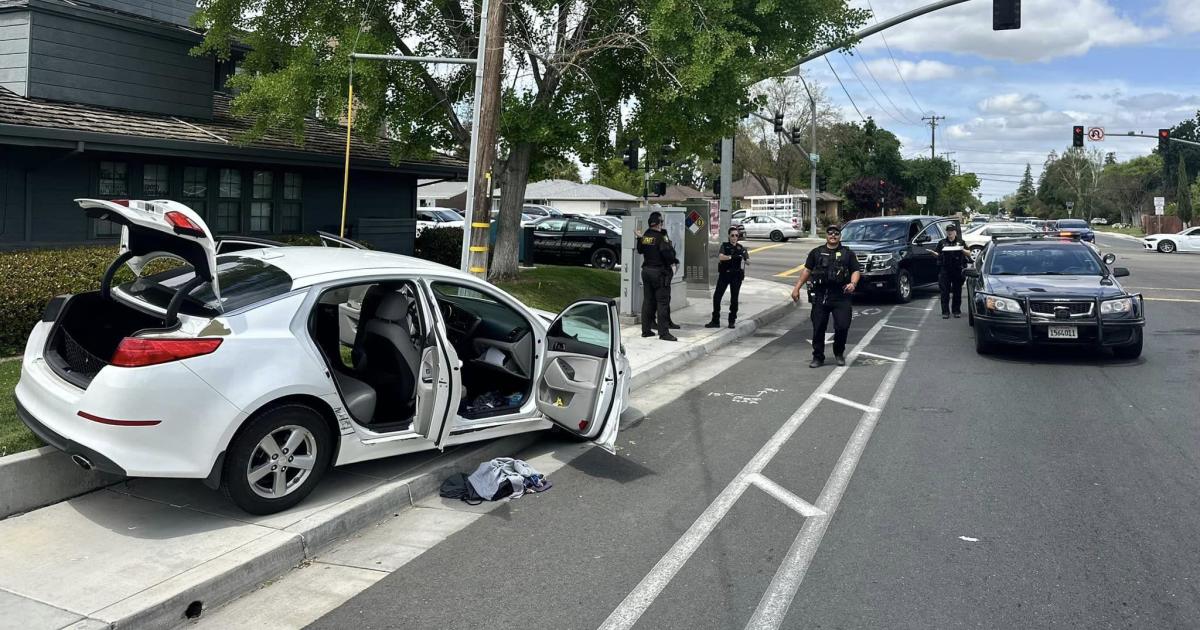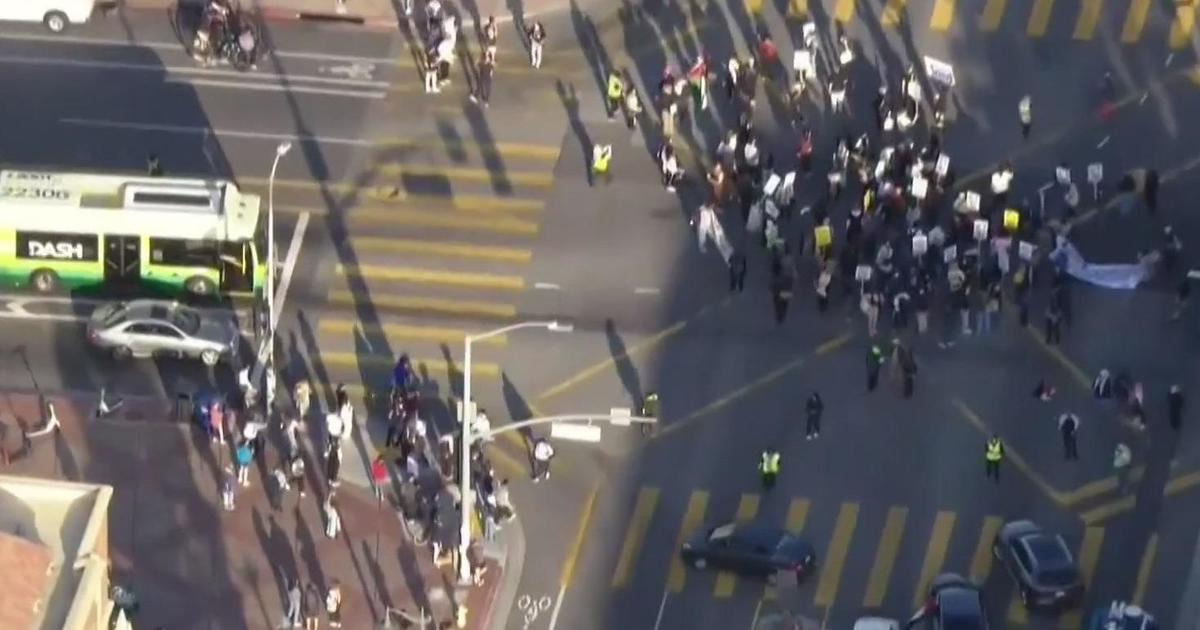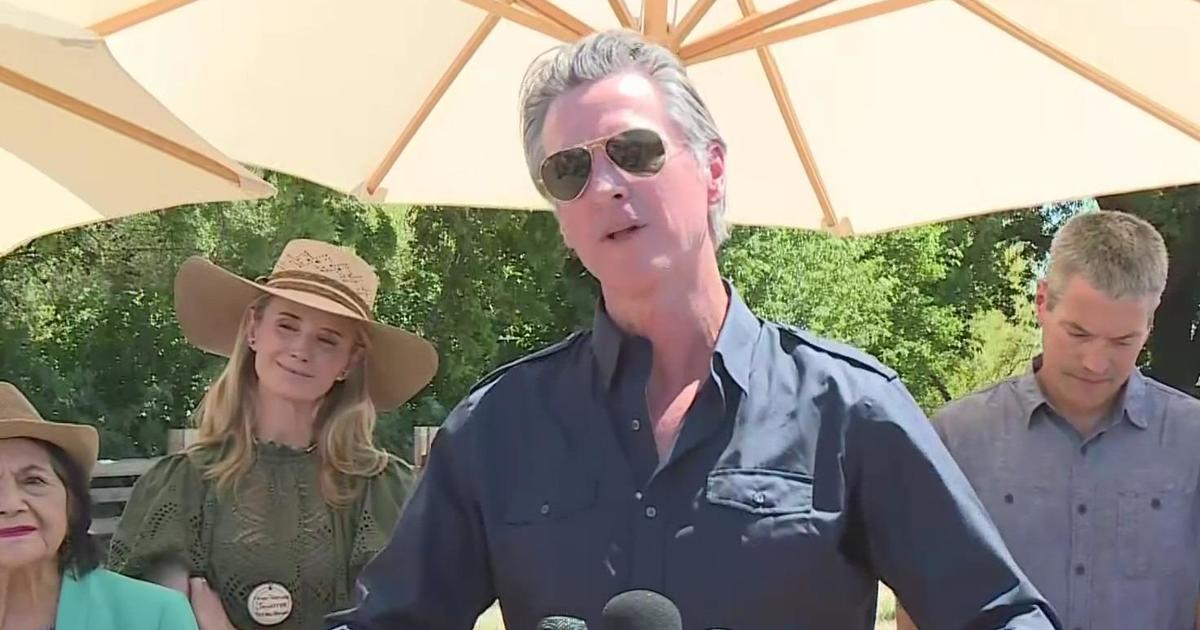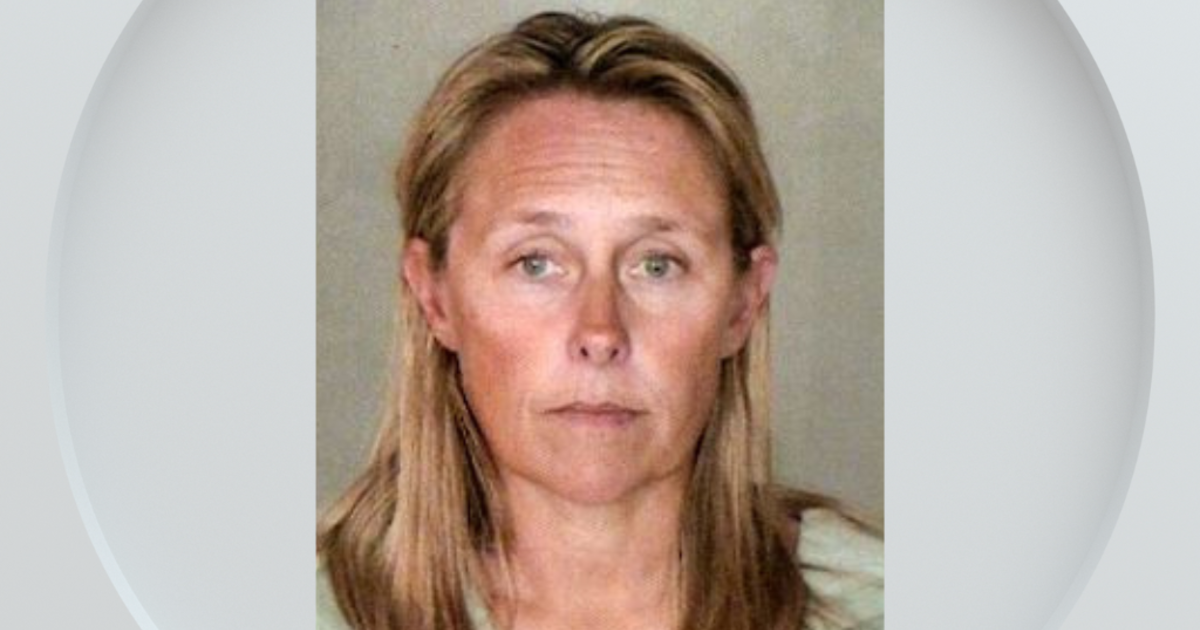Kristin Smart murder trial: cadaver dogs, dorm search, and 1996 evidence
SALINAS - Jurors who will decide if a former Cal Poly student is responsible for the death of Stockton teen Kristin Smart in 1996, heard from some of the investigators who took on the case 26 years ago.
San Luis Obispo County prosecutors say they will prove Paul Flores killed Smart in his dorm room, during an attempted rape, and his father, Ruben, helped hide her body.
On Friday, Judge Jennifer O'Keefe addressed jurors about the COVID-19 outbreak, as classified by California Department of Public Health protocols, due to three positive cases of the virus among people connected to the trial in the last week. She reiterated to the courtroom, what CBS Sacramento reported earlier this week, that there is no evidence anything was transmitted within the courtroom.
"We all know what a sacrifice it is for you to be here," said O'Keefe, who added that the health and safety of everyone in the courtroom was a "top priority."
The trial is expected to last into October and jury selection began back in July.
The first witness on the stand Friday, a continuation from Wednesday, was Richard Neufeld, a San Luis Obispo County Sheriff's Deputy. After a short cross-examination by Robert Sanger, Paul's attorney, Neufeld took questions from San Luis Obispo County Deputy District Attorney Chris Peurvelle.
Peurvelle asked Neufeld about evidence he collected from Paul's dorm on the Cal Poly campus, specifically, about two pieces of evidence taken from a portion of the mattress cover. This detail, important in this line of questioning, as the way in which Neufeld processed and submitted the evidence came under question by Sanger.
Peurvelle established that Neufeld properly packaged the items and booked them into evidence.
This, then under question by Sanger again: "You indicated it was your habit to do this correctly?"
Neufeld responded that he had been at the crime lab since 1989, this, in 1996. Sanger added that processing a crime scene was a "fairly well-established practice."
Sanger doubled down on questions about Neufeld's background and experience by asking if he was aware that, for a proper forensic evaluation the scene must be preserved "as pristinely as possible."
Neufeld responded, "yes."
Further on, he is asked if he was a forensic DNA analyst, and Neufeld responded he was not in 1996 and is still not a forensic DNA analyst. His job, he explained, was to collect evidence so that it could be analyzed by other people. He also did detective work, but for the most part, he would explain from the witness stand, he had specific training on how to preserve and process a scene for scientific review.
Sanger continued his line of questioning, focused on the preservation of the dorm room, because by the time investigators were able to collect evidence, he suggested, neither Paul or his roommate still lived there and the room was "significantly altered."
This setup, for jurors, was Sanger's opportunity to introduce the fact that Flores' dorm room was cleaned after his move out, unrelated to the investigation.
Sanger asked Neufeld if he agreed that if a third party, unrelated to the case, had come and gone in a room over a period of time, that it could affect what evidence is retrieved. After an objection, Sanger would not get the answer to this specific question but asked Neufeld if he knew how many people came into the dorm room from May 24th to when he did the inspection. To this, Neufeld answered, "No."
Neufeld did not answer if he agree with Sanger's question about the third party disturbance to a scene, because of an objection that was sustained.
He added he did not know if beds were moved and did not recall locating the refrigerator.
Ultimately, Peurvelle brought the line of questioning back to the evidence taken from what would have been Flores' mattress. A controlled sample of the evidence taken from the mattress led cadaver dogs to alert on.
In 1996, Neufeld responded to the Cal Poly dorm where Flores lived when Smart disappeared to find trace evidence and fingerprints. He was informed before he started what bed belonged to Flores and what bed belonged to his roommate.
Days after this first search, Neufeld would return for more specific work that included an alternate light source to locate trace evidence.
Jurors then heard from a mother of two Arroyo High School graduates, Karen Hall, who filmed Flores after Smart disappeared asking about the "missing girl."
This question "most likely" asked "sarcastically" Hall would tell Sanger during the cross-examination. At a graduation party at Hall's home in June, she went around the room to mess with her son's friends and recorded the party.
Hall asked Flores if he knew anything about the missing girl because she knew Flores was a Cal Poly student at the time. At this point, Hall was unaware Flores was connected to any investigation about Smart's disappearance.
Hall said, in response, Flores put his head down and "never talked to me after that."
Jurors see the video taken 26 years ago and hear Hall ask Flores: "Do you have any information on that missing girl, what'd you do with her?" Flores' response to this question is unintelligible, which Sanger would later note to the courtroom.
After the court saw this video, Harold Mesick, attorney for Ruben Flores, asked Hall if she was "asking silly sarcastic questions expecting a silly sarcastic answer" and she responded, "Most likely."
The day ended with a witness who jurors have heard from before, J.T. Camp, a DA investigator.
Peurvelle told the court they were "ahead of schedule" and proceedings will resume Monday at 8:30 a.m.




